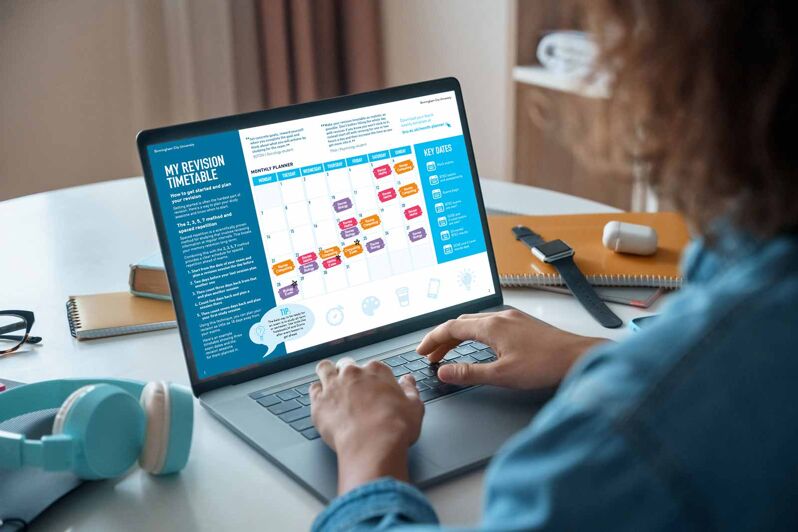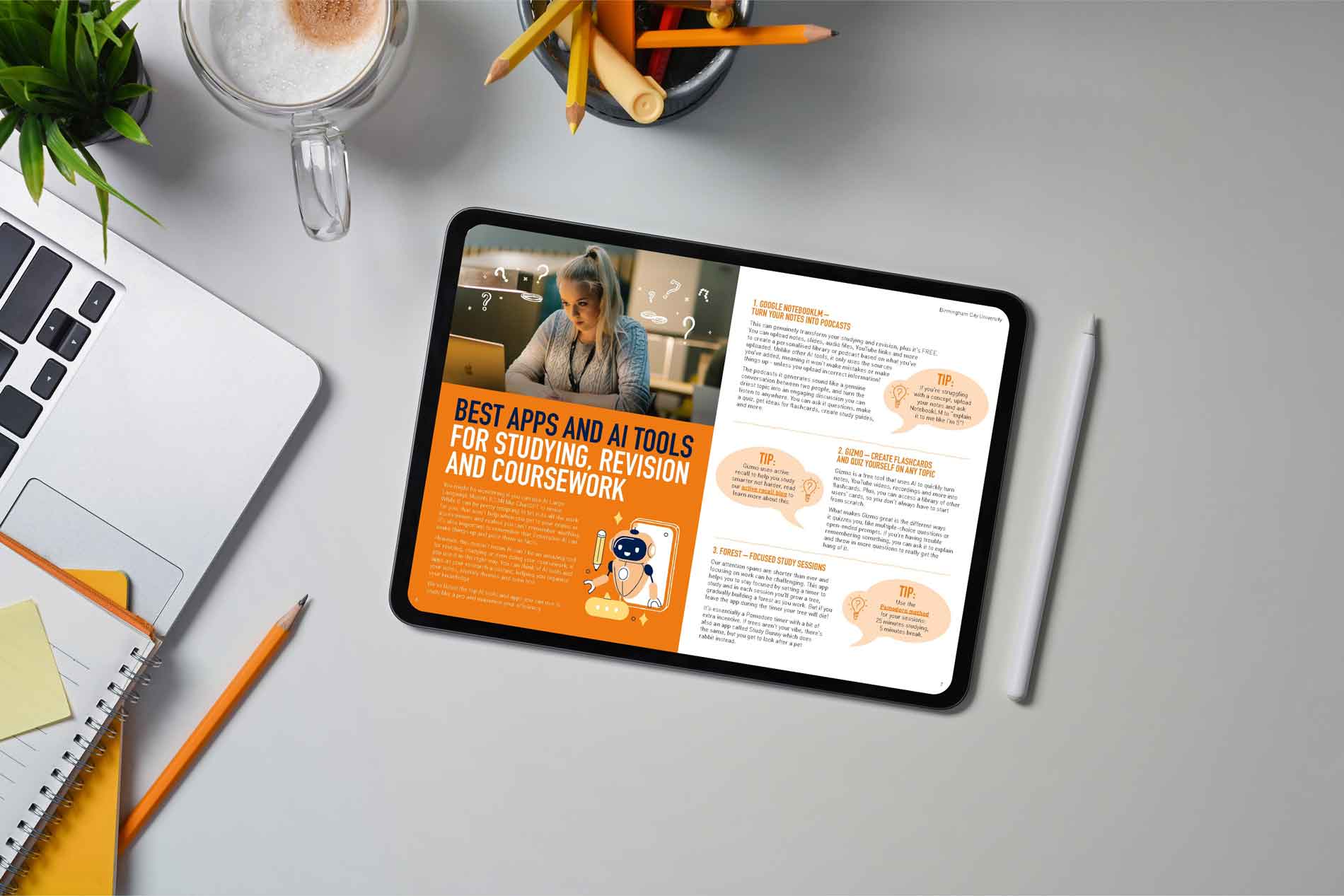
Advice

You’re probably here because you’ve started revising and have realised that nothing is sticking. To help you on your way to exam success, here’s our step by step guide to revise effectively backed up by students and experts.
Struggling with revision?
Get your FREE guide packed with expert study tips, a step-by-step timetable planner, essential AI learning tools, and more to smash your exams.
Five steps to effective revision
Step 1: Find your learning type
There’s a golden way to revise for everyone and we’re going to help you find it. To revise effectively, our best advice is to try a lot of different techniques and see what works for you. Revising using just one technique is the quickest route to mental fatigue, so take a look at some of the other learning types and see if any of the revision tips interest you.
Step 2: Learn some revision techniques
We’ve gathered some of the best revision techniques based on science, which take advantage of the weird ways our brain works. Methods like blurting and flashcards are so effective because you're constantly testing yourself and encouraging active recall. These will help you remember those all-important facts when it comes to the exam.
Step 3: Plan your revision
Whether you're starting revision months ahead of your exams, or doing some last minute cramming, planning your time will help you get the most out of your study sessions. Once you know the date of your exam you can use spaced repetition and the 2357 method to plan your revision timetable.
Step 4: Know how much revision should you do a day?
Planning is the key to revising effectively, and to do that you’ll need to know how much time you should be spending on revision. Too much time spent at the desk increases your risk of burning out, whereas too little time hitting the books means your brain won’t be able to remember the important details. Take a look at our video guide to managing your time.
Step 5: Learn how to revise in a week
Not just one for the crammers, our advice on how to revise in a week is also a good guide if you want to spend a week focusing on one or two topics. It’s full of top tips and advice from real students. In the article, we demystify all-nighters, highlighting and multi-tasking, allowing you to focus on more reliable ways to get a lot of revision done in a short amount of time.
Bonus revision tip
How to revise effectively if you’re a night owl
You envy those perky students who leap out of bed and skip to the library every morning (do these people actually exist?!). But as a night owl, you just can't seem to do anything, until much, much later in the day. When you get most of your focus and energy at night, it can be a difficult challenge if you've got 9am classes. If that sounds like you, then take a look at our guide on how to revise effectively as a night owl, including tips on planning your day, making the afternoons work for you and more.






